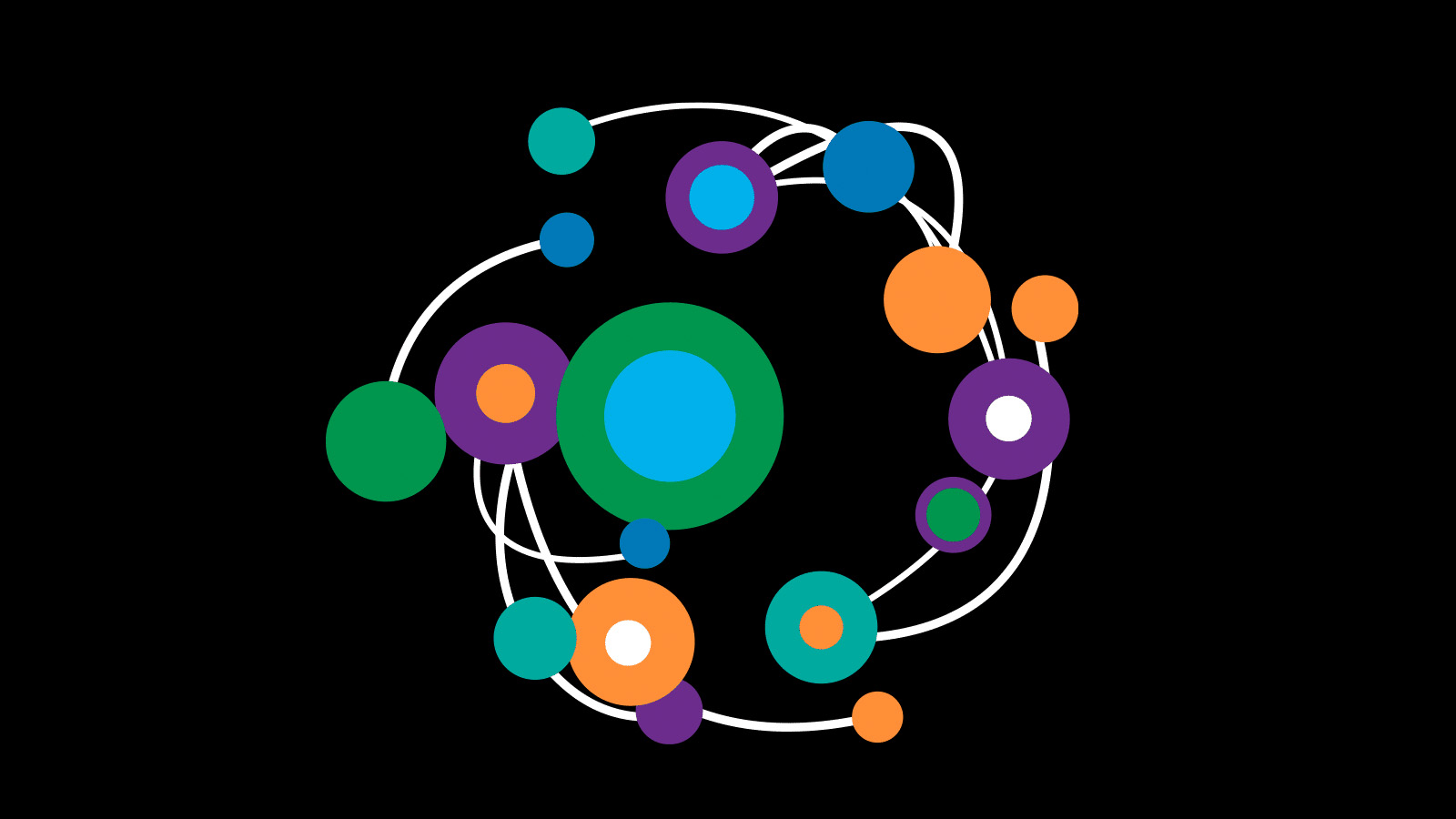
The Office of Research Computing and Data (ORCD) at MIT supports the computational and data needs of the university’s research community. Its mission is to provide advanced computing resources, cutting-edge data services, and expert consultation to enable groundbreaking research across a variety of disciplines. ORCD offers access to high-performance computing (HPC) clusters, cloud services, and specialized software that researchers use to process large datasets, run simulations, and perform complex analyses.
ORCD operates the Engaging Cluster that provides essential resources for researchers across various disciplines. Supporting interdisciplinary collaboration, this cluster supports hundreds of researchers across disciplines. It comprises more than 1,000 CPU cores, 50 GPU nodes, and 300 terabytes of storage, enabling complex data analysis, simulations, and modeling. Engaging enables ORCD to support a diverse research community at MIT, providing the computational power and flexibility necessary to drive significant advancements across multiple scientific fields.
In addition to providing infrastructure, the office focuses on developing customized solutions for research projects that have unique computational requirements. This includes offering training programs on data management, computational tools, and best practices in scientific computing. ORCD also plays a pivotal role in data security and compliance, ensuring that sensitive research data is managed and stored securely in accordance with federal and institutional guidelines.
Collaboration is a key aspect of ORCD’s activities, as it works closely with faculty, graduate students, and research labs to tailor computational resources to the specific needs of different scientific fields, including biology, physics, economics, and artificial intelligence. Through these services, the office empowers researchers to tackle complex problems, driving innovation and advancing MIT’s mission in science and technology.